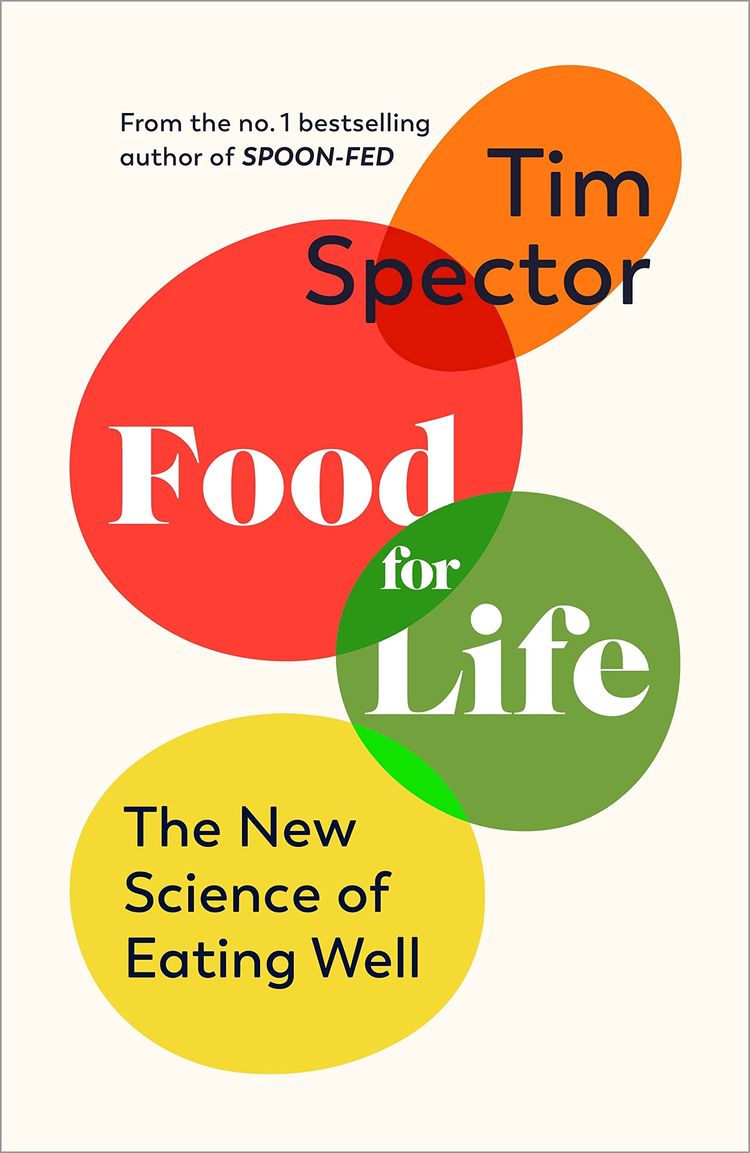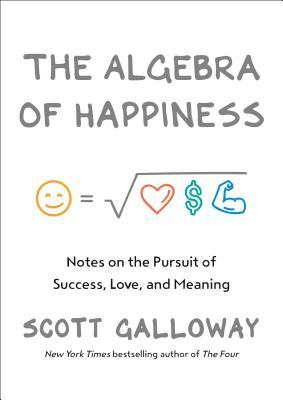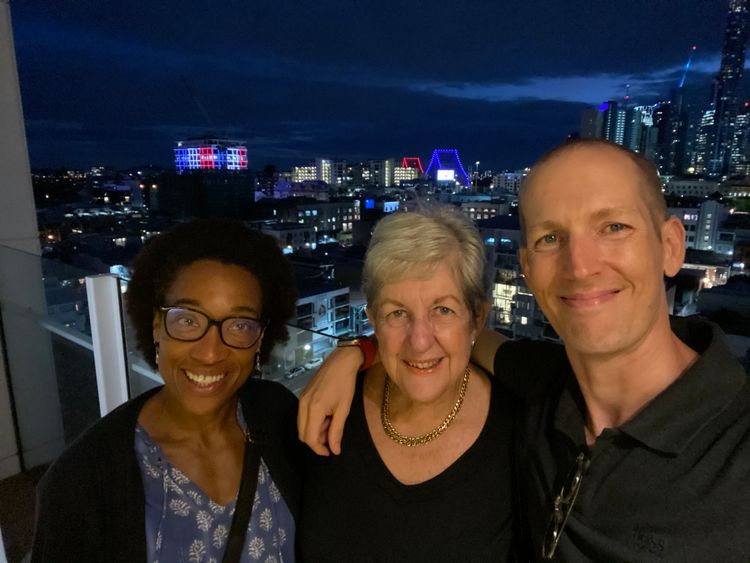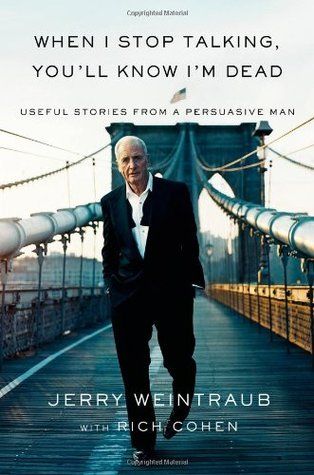Being Mortal: Medicine and what matters at the end by Atul Gawande
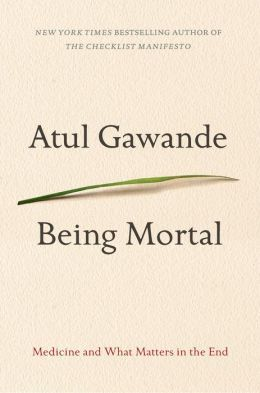
My Rating of “Being Mortal: Medicine and what matters at the end” by Atul Gawande: 9 / 10
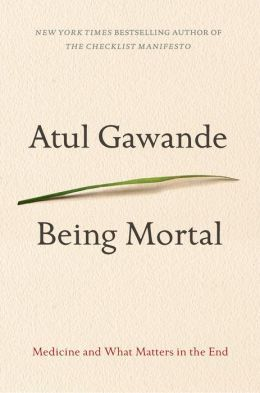
“In the past few decades, medical science has rendered obsolete centuries of experience, tradition, and language about our mortality and created a new difficulty for mankind: how to die.” — Atul Gawande
Recently I flew back home to Australia to be with my family. Unfortunately within a period of six months my father has suffered through both vascular dementia and Alzheimer’s disease. The man I knew at the beginning of 2020 has gone. What is left is a scared, confused and emotional human being. It is sad to see this happen in front of my eyes and of course this has been extremely challenging for our family.
While in hotel quarantine (one’s rite of passage to Australia during the coronavirus pandemic), I was speaking with a good friend of mind regarding my father. He suggested a great book that could provide some perspective on how my family could better understand and cope with the situation. Being Mortal is not the first book I have read by Gawande and it certainly won’t be the last either. The Checklist Manifesto was the first book I’ve read by him and enjoyed it throughly.
Being Mortal takes the reader on the journey of life. From living out your life independently until that moment when everything changes. Gawande first baselines the independent life until dependance and assistance is required. He also spends crucial pages on the difference between care and treatment of a human being. The book finishes on how to let go, to have difficult conversations and for all parties to muster the courage during each and every transition. The most important part of this book is knowing the hard questions to ask those that are dying. They are hard conversations yet the questions and answers are so important.
What sets this book part is Gawande’s skin in the game as both a medical practitioner and as a son. With the former he has seen first hand the impacts of cancer with many patients and their families. Whilst the latter he describes the journey of his father from a competent surgeon to one that suffered from cancer and not wanting any pain at the end. Each chapter comes with emotional stories of many families. He provides perspective on how they dealt with their loved ones through many procedures, medications and decisions. Decisions we aren’t normally required or used to making.
One review on Goodreads stated that this book isn’t required reading unless you have a sick or dying family member. I’d disagree and recommend this book to anyone. We would all live life differently if we understood the final stages of life better.
Three key takeaways from the book:
- The battle of being mortal is the battle to maintain the integrity of one’s life – to avoid becoming so diminished or dissipated or subjugated that who you are becomes disconnected from who you were or who you want to be.
- 63% of doctors overestimate their patient’s survival time. Just 17% underestimated it. The average estimate was 530% too high. And the better the doctors knew their patients, the more likely they were to err.
- Technological society has forgotten what scholars call the “dying role” and its importance to people as life approaches its end. People want to share memories, pass on wisdoms and keepsakes, settle relationships, establish their legacies, make peace with God, and ensure that those who are left behind will be okay.

